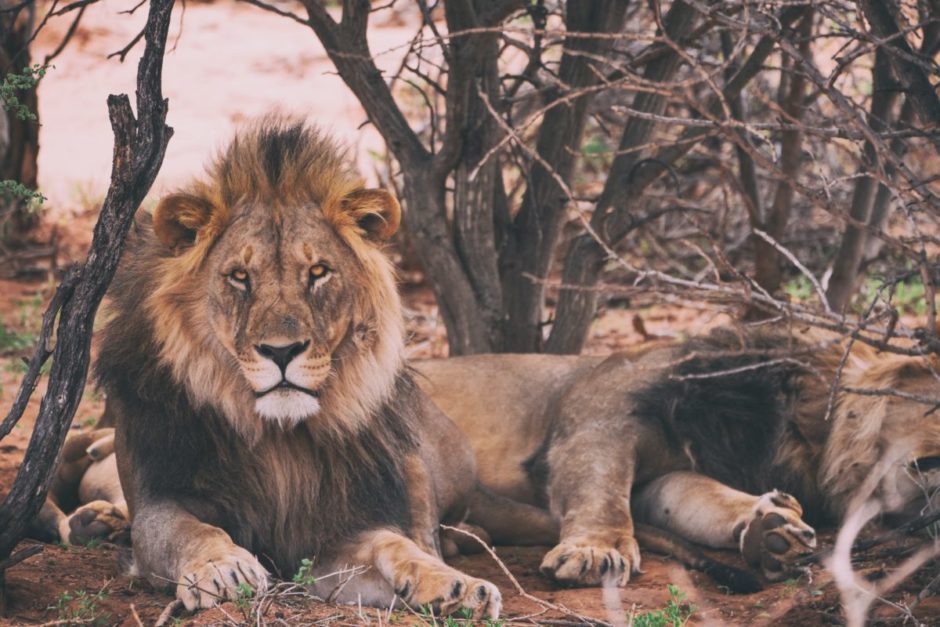In the last five decades, African lions (Panthera leo) have declined by almost 75% due to habitat fragmentation and prey declines. In South Africa, there are more than 3500 lions in the wild and approximately 7,400 individuals in captivity. Plans have been put in place to start processes to end captive lion activities. There are contrasting views on the potential conservation value of captive lions, with some suggesting that captive lions could be integrated into wild populations to restore populations, while others have argued that captive lions have no conservation value. Thus, collaborators with Dr Desiré Lee Dalton (Lecturer in Forensic Science, Teesside University) have analysed the genetic diversity and origin of captive lion in South Africa. Captive lions were found to be genetically similar to existing wild South African lions. However, the captive population are showing signs of genetic drift with the potential risk of inbreeding the future as they have been managed in isolation from wild populations. Thus, the reintroduction of captive individuals into wild populations may have detrimental impacts and these factors would need to be studied prior to the consideration of re-wilding.
Access the publication through the publisher’s website with this link (https://link.springer.com/article/10.1007/s10592-023-01530-5)


